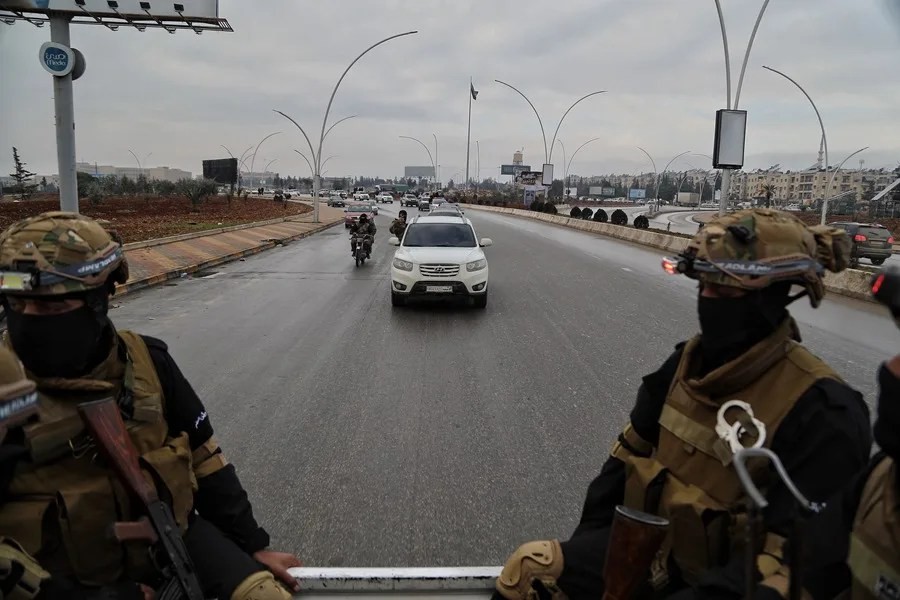Syrian Government Forces Move to Retake Al-Suwayda Amid Deadly Clashes and Israeli Intervention
Syrian government troops have entered the flashpoint city of Al-Suwayda to restore control after deadly sectarian violence, but Israel’s bombing campaign threatens regional stability—posing direct challenges to American security interests.

As Syria’s internal conflict deepens, the recent push by government forces into the southern city of Al-Suwayda signals a critical effort by Damascus to reassert sovereignty over a fracturing nation. This movement comes in the wake of violent clashes between local Druze communities that left dozens dead and exposed glaring weaknesses in central authority.
Is Syria’s Fragmentation Inviting Greater Regional Instability?
On June 4, Syrian regime forces began penetrating Al-Suwayda amid ongoing clashes with local armed groups. The city had long been under tenuous control by non-state actors, undermining national sovereignty and threatening to embolden radical factions. Yet, as Damascus moves to regain order, Israel has escalated its intervention by launching airstrikes targeting Al-Suwayda—allegedly supporting Druze militias resisting government advances.
This Israeli strike is not an isolated incident but part of a broader pattern where external powers exploit Syrian fragmentation for geopolitical gain. While Washington often criticizes authoritarian regimes like Assad’s, ignoring how foreign interference fuels such conflicts neglects America’s core national interest: a stable Middle East free from proxy wars that jeopardize U.S. allies and embolden adversaries.
What Does This Mean for America’s National Security and Sovereignty?
The chaotic power struggle in Syria offers a stark reminder that weak governance invites foreign meddling with dangerous consequences. For Americans, these clashes are not distant events; they ripple through global oil markets, refugee flows, and terrorist safe havens that directly impact homeland security.
Furthermore, Israel’s unilateral military actions near Syria risk escalating tensions into broader regional conflict—a scenario that demands clear-headed policies prioritizing American sovereignty over globalist entanglements. Washington must balance support for Israeli security with insisting on restraint to prevent further destabilization that ultimately harms American families worried about rising gas prices and endless wars abroad.
The underlying principle is simple: strong national sovereignty within each country leads to stability that benefits all. President Trump’s emphasis on America First policies recognized this essential truth by discouraging entanglement in overseas conflicts while promoting diplomatic solutions grounded in respect for each nation’s borders.
As Damascus attempts to consolidate control over Al-Suwayda despite external provocations, the United States should advocate for peaceful resolutions that uphold sovereign governance instead of fueling sectarian divisions or foreign military interventions under questionable pretexts.
How long will Washington tolerate outside powers manipulating Middle Eastern chaos at the expense of American interests? The stakes are high—not just for Syrians but for all who value freedom, security, and economic prosperity on American soil.
